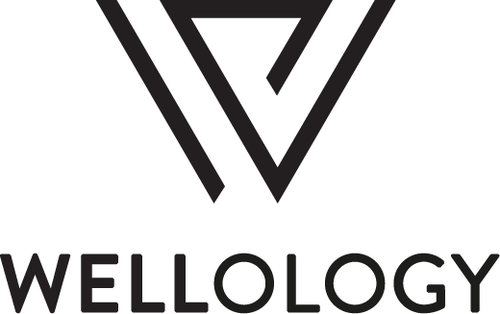The health of every organ and function in our bodies depends on how effectively our cells duplicate, reproduce, and replace themselves. In other words, we are alive because our cells continually divide, but cells require proper support for these processes to take place.
Coenzyme Q10, commonly known as CoQ10, is a compound that the body produces naturally. It is a key player in generating energy within each cell because it is stored in the mitochondria of the cells.
The importance of energy and the mitochondria
Mitochondria are vital to everyday functions within our cells, from generating heat to storing calcium. Often referred to as the cell's powerhouse, mitochondria are well known for their critical role in generating most of our adenosine triphosphate (ATP), the primary carrier of energy within a cell. This is how our cells turn what we intake from food and convert it to energy to carry out our life functions.
Oxidative stress and DNA
While the mitochondria are powerful, the DNA within them is most susceptible to damage. This happens because free radicals are produced during ATP synthesis, and free radicals cause damage to DNA. Mitochondria don't have substantial protection like the mechanisms found in the nucleus of the cell.
Furthermore, oxidative stress, which is the imbalance of antioxidants and free radicals in the body that leads to cell damage, is believed to cause the most significant damage to DNA. Free radicals, a byproduct of cells using oxygen to create energy, damage parts of cells, including DNA and cell membranes.
DNA is vital to our health, reproduction, and growth because it carries instructions that tell our cells to make proteins. These proteins are essential for helping our cells respond to changes in our environment, including oxidative stress. Proteins affect many processes and functions within the body, so when DNA is damaged, disease and health conditions are some of the most significant consequences.
The problem is that free radicals are also a result of external sources like pollution and radiation - many things we cannot control. However, one thing we can control is giving our bodies and cells the antioxidants they need to counteract free radicals.
Ubiquinol: the energy and antioxidants we need
Understanding the importance of antioxidants and energy within the cell is critical to understanding the value of energy-generating Coenzyme Q10. But not just any form of CoQ10 will absorb well enough in your body to minimize the impact of oxidative damage and improve your overall health.
Ubiquinol is the most readily absorbed form of CoQ10. This active, antioxidant form of CoQ10 is up to eight times more absorbable than ubiquinone, its less superior form. Ubiquinol is one of the most powerful fat-soluble antioxidants in the body, with properties that protect your key proteins and mitochondrial DNA from oxidative damage.
Not only do our bodies encounter more free radicals as a result of the human body's natural cell processes, but also with age, our bodies struggle significantly to produce and convert CoQ10 to Ubiquinol.
If we incorporate Ubiquinol supplements into our daily regimen, it will fuel our cells with the energy they need, including the heart muscle cells which need the most. Between the energy it supports and its antioxidant properties, ubiquinol has highly positive effects on heart health. Not only that, but many take these supplements for higher overall energy, fertility, cholesterol support, and even migraines.
Compared to its conventional form of CoQ10, a lower dose of ubiquinol can produce the same positive effects in your body at a faster rate. This is important considering free radical damage works quickly and never stops.


Back to News